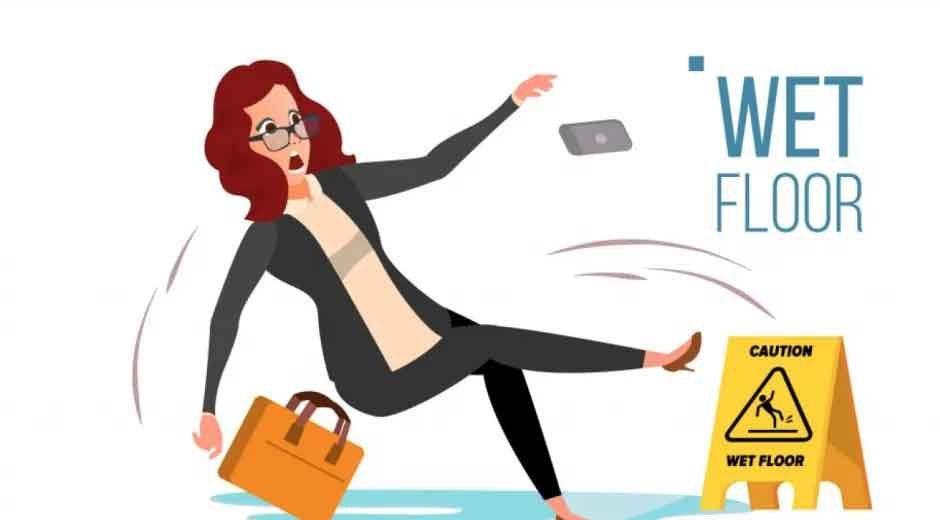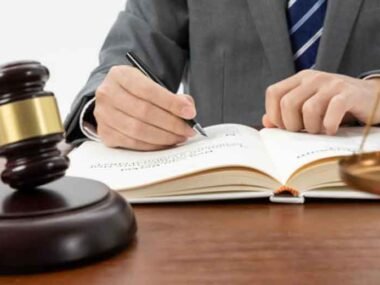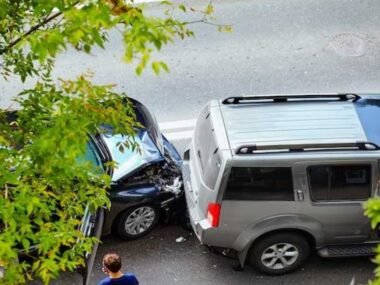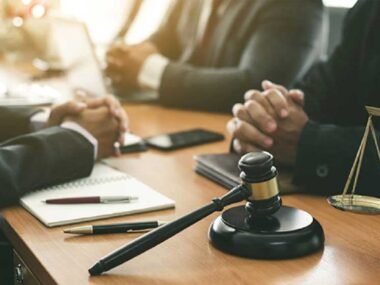A quick trip to HEB for fresh fruits and vegetables can take a sharp turn if you slip and fall in the produce section. Wet floors, dropped produce, or poorly placed signage can create hazards for customers. If you find yourself in this situation, it’s important to know what steps to take and what your rights are. Here is a detailed guide on what you should do after slipping and falling at HEB, the legal process that may follow, and how you can protect your interests.
Immediate Steps to Take After a Slip and Fall at HEB
If you slip and fall in a grocery store like HEB, your health is the top priority. Right after an incident, these are the steps you should take:
- Check for injuries: Before you move, assess yourself. Falls can cause head injuries, sprains, broken bones, and bruises.
- Call for help if needed: Ask someone nearby or a store employee for assistance.
- Report the incident: Notify the store manager or supervisor about the fall. Ask them to create an incident report and request a copy.
- Document everything: Take photos or videos of the area, including any spills or obstacles that caused your fall. Photo evidence can make a significant difference later.
- Collect witness information: Ask anyone who saw your fall for their contact information. Their statements may be valuable if you pursue a claim.
- Seek medical attention: Even if your injuries seem minor, go to a doctor. Documentation of your injuries is crucial for any potential claims.
Why Do Slip and Fall Accidents Happen in Grocery Stores?
Grocery stores like HEB have some of the highest rates of slip and fall accidents. The produce section is especially risky for several reasons:
- Spilled liquids from sprayed produce or broken bottles
- Dropped fruits and vegetables
- Condensation from refrigerated units
- Mats or flooring that shift or curl
- Lack of warning signs for wet areas
HEB and other grocery stores are responsible for regular maintenance and cleaning. According to the National Floor Safety Institute, slip and falls account for over 1 million hospital emergency room visits in the U.S. each year.
Establishing Responsibility: HEB’s Duty of Care
HEB, as a business open to the public, has a duty to keep the store reasonably safe. This includes checking for hazards and cleaning up spills promptly. If staff members saw or should have seen the hazard and didn’t address it, the store may be liable.
To prove HEB was at fault, you need evidence that:
- A dangerous condition existed (such as a spill or dropped produce)
- HEB knew or should have known about it, but did not fix it in time
- The hazard caused your fall and injuries
Store policies often include regular checks of the produce area, but breakdowns in these safety routines can and do happen.
What Kinds of Injuries Are Common from Slip and Fall Accidents?
Falls in grocery stores can cause a range of injuries. Common examples include:
- Head trauma and concussions
- Wrist, arm, or ankle sprains
- Fractures, especially of the hip or hand
- Back and spinal injuries
- Cuts or bruises
According to the Centers for Disease Control and Prevention (CDC), falls are a leading cause of traumatic brain injury and account for over 95% of hip fractures in older adults.
Filing a Claim: What You Need to Know
After a fall, the claims process begins. Here’s what often happens:
- Insurance Involvement: HEB will likely pass your claim to its insurance carrier. The insurer may offer a quick settlement—usually a low one.
- Investigation: HEB’s insurer will investigate the circumstances, possibly reviewing store camera footage, employee statements, and your medical records.
- Proof Is Essential: The more evidence you have (photos, witness names, medical records), the stronger your claim.
- Deadlines: Texas law requires you to file a premises liability claim generally within two years from the date of the accident.
Should You Hire a Lawyer?
You might consider hiring an HEB slip and fall attorney if:
- Your injuries are serious or result in lost work time and expensive medical bills.
- The store disputes your story, refuses to provide a report, or denies responsibility.
- You receive a settlement offer that does not cover your losses.
A knowledgeable attorney can gather extra evidence, negotiate with insurance adjusters, and ensure your rights are protected. In many cases, lawyers work on a contingency fee basis, meaning you do not pay unless you win your case.
Tips to Protect Yourself After a Slip and Fall
- Don’t sign anything immediately: Insurance representatives may ask you for a written or recorded statement. Avoid giving one before talking to a lawyer.
- Keep all documents: Save receipts for medical visits, prescriptions, and any related expenses.
- Track your symptoms: Write down how your injuries impact your daily life. This can support your claim for pain and suffering.
Possible Outcomes: What Compensation Is Available?
If you prove HEB was at fault, you could receive compensation for:
- Medical bills and future medical treatment
- Lost wages or reduced earning capacity
- Pain and suffering
- Permanent disability or disfigurement
Each case is different, and the amount depends on the severity of your injuries and the store’s response.
Final Thoughts
Slipping and falling at HEB can feel overwhelming, but knowing what steps to take can protect your health and your rights. Seek prompt medical care, gather evidence, and understand your legal options. Taking these steps increases the chance that you receive fair treatment and compensation after your accident.
If your injuries are serious or you face resistance from the store or their insurance, consider reaching out to an experienced HEB slip and fall attorney for help. Their guidance can make a major difference in the outcome of your case.










